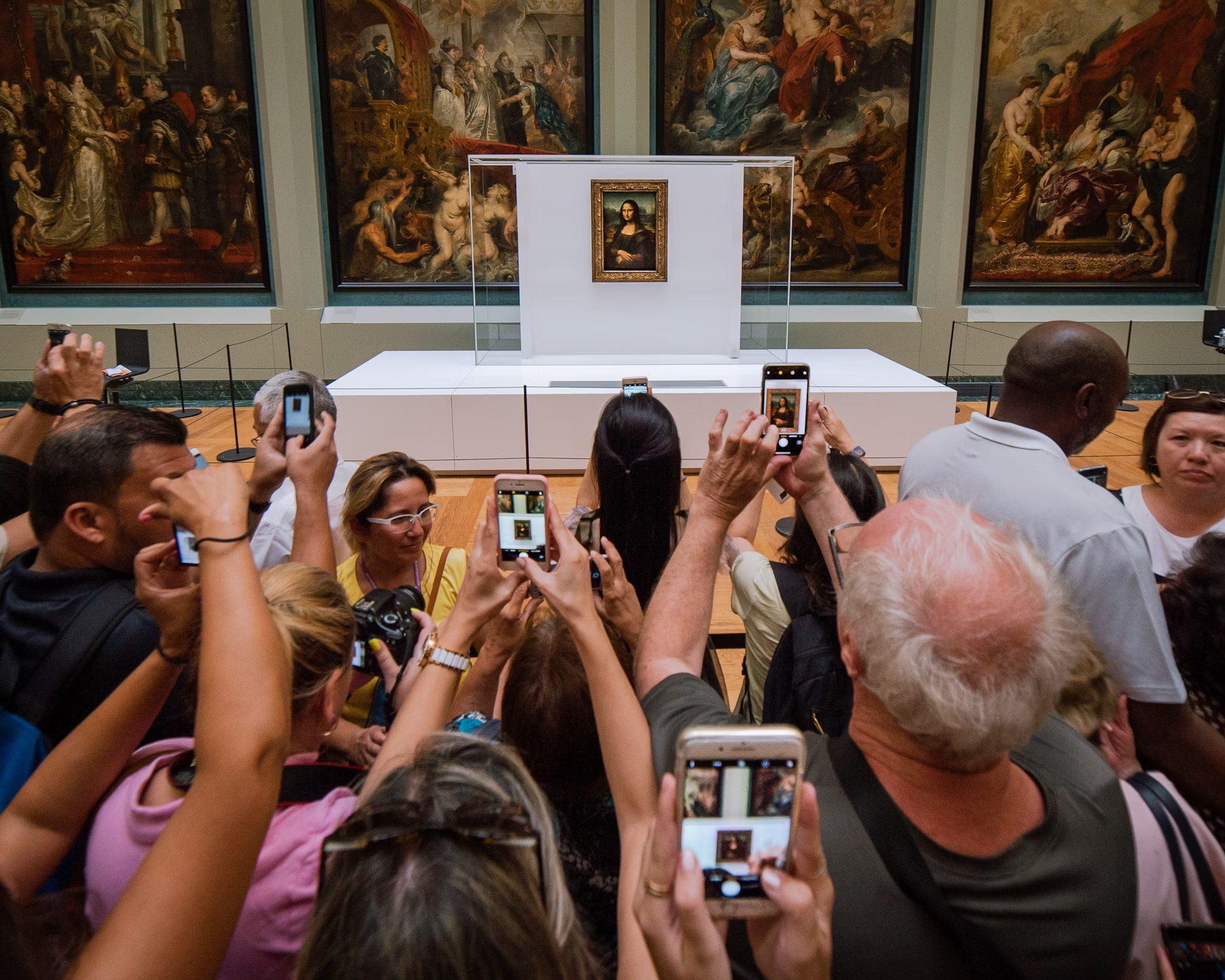Addiction is a common trait for many creative people, and phone addiction is near ubiquitous among working adults. Phones have a deadly impact on creativity, depressing cognitive control and eliminating the deep thinking that gives rise to art.
Phones are especially engineered to create behavioural addictions that cripple the attention span. As the global use of smartphones matures, countermovements are gaining in popularity. The recent rise of ‘slow productivity’ is an example – a conscious valuing of ‘deep thinking’ time that eliminates unnecessary addiction.
Jump to:
There are a range of tools artists can use to limit their addiction. Here are a few to get started.
Phone fasts
Scheduling periods of zero phone time, even just two to three hours a day, can substantially restore focus and improve deep focus. Promising yourself that you won’t reach for your phone usually isn’t enough. Schedule this time and turn your phone off, as if you’re in a crucial meeting and cannot be disturbed.
Make your phone hard to reach
You can break the non-conscious habit of reaching for your phone by putting it out of reach. Don’t charge it at your desk. Don’t put it on your bedside. Create charging spots around your home or workplace that are deliberately a little out of reach. In your laundry or bathroom is a good starting point. This little distance introduces enough friction to stop you from reaching for your phone unless you really need it.
Make your smartphone dumb
In defiance of smartphone technology, ‘dumb’ modes have gained popularity. Shift your display to greyscale and block notifications. If you want to go further, delete time-wasting apps and embrace phone minimalism.
Set timers
Make bedtimes and wake times non-negotiable and find other opportunities during the day when you can go notification-free.
Replace your phone habit
You will be more likely to break a phone addiction if you replace it with another habit. Notebook doodling, reading or brainstorming will help your brain keep busy while keeping your creativity intact.





